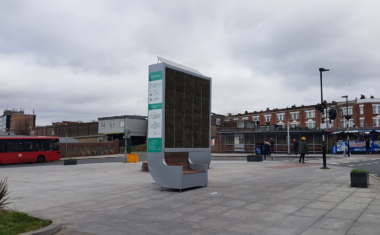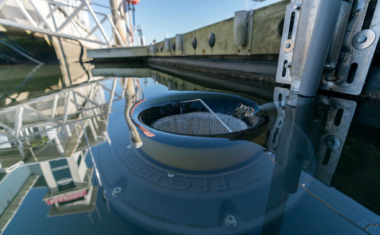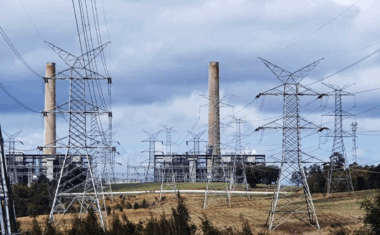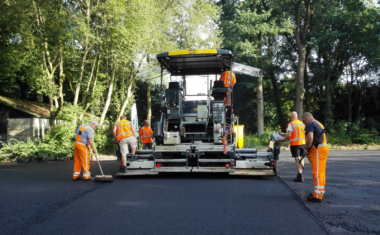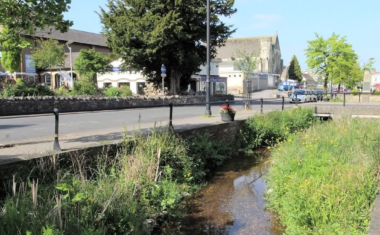The Bio-based Street Bench
- 4 min to read

About the city. In 2009, Amsterdam was one of the first European cities to launch a smart city program, with the goal of improving its economy, environment, government, living, and mobility.
Goal
Waternet, the water company for Amsterdam and the surroundings, is continuously seeking sustainable solutions to minimize its impact on the environment. Waternet and other regional landowners have a lot of residual materials such as thatch, roadside grass, water plants, calcite and cellulose. Instead of discarding these materials, Waternet explored beneficial options for reuse.
Implementation period. A bio-based street bench was developed in 2016.
Fact
Water plants rot quickly, and during this process, CO2 is released, but also other more damaging greenhouse gases such as methane and nitrous oxide. If water plants are converted into biocomposite, these greenhouse gases are stored within the biocomposite instead of being absorbed by our atmosphere.
Solutions
The Bio-based street bench is a park bench that is constructed out of biocomposite material.
Together with NPSP, a company with 10 years of experience in manufacturing sustainable, fibre-reinforced plastics for construction, Waternet has developed a bio-based material from its natural residual materials. The result is a strong biocomposite that is ideally suitable for outdoor use and has a lifespan of about 25 years.
The biocomposite can replace the conventional composite materials such as glass and calcium carbonate, thus saves the industry energy, and therefore greenhouse gas emission, which is needed to produce glass or import calcite from abroad.
With this biocomposite, Waternet and NPSP have produced a street bench and a table.
Team
Waternet (the water company for Amsterdam) and NPSP
Timeline
Tests showed that the park bench has an estimated lifespan of 25 years. In addition to that, manufacturing of the biocomposite benches has the same cost as manufacturing from common materials such as glass fibre composite. The biocomposite has also an increased durability and saves 2 kg CO2 per kilogram during production, compared to glass fibre.
If you notice an error or inaccuracy in our editorials, please email [email protected] so we can look into it.

